Bible History There are 218 products.
Bible History
-
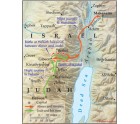 Available
AvailableThe battle by the pool at Gibeon
-
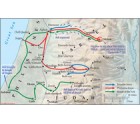
-
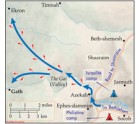
-
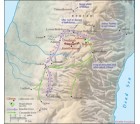 Available
AvailableThe Battle of Gibeon
-
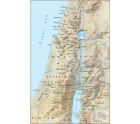 Available
AvailableThe borders of the tribal territories
-
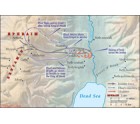 Available
AvailableThe conflict of Ehud
-
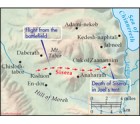 Available
AvailableThe death of Sisera
-
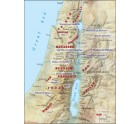 Available
AvailableThe Judges according to their tribes
-
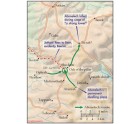 Available
AvailableThe Kingdom of Abimelech
Shopping Cart
product
(empty)
Categories
-
Bible Studies
- Battles
- Bible History
- Biblical Judges
- Biblical Prophets
- Digital
- Divided Kingdom
- Exodus and Conquest of Canaan
- Herodian period
- Historical Geography
- Introductory Maps
- Jerusalem
- Jesus
- Kingdom of Judah
- Kings
- New Testament
- Old Testament
- Patriarchs
- Bible Wall Maps & Charts
- The United Monarchy
- Tribes of Israel
- Religion
- Christianity
-
History
- Archaeology
- Bible History
- Jerusalem
- New Testament
- Old Testament
- Tribes of Israel
- History
- Assyrian Empire
- Babylonian Empire
- Bar Kokhba revolt
- Battles
- Bronze Age
- Canaanite Period
- Divided Kingdom
- Early Bronze Age
- Exodus and Conquest of Canaan
- Greek Empire
- Hasmoneans
- Hellenistic period
- Herodian period
- Introductory Maps
- Iron Age
- Israel and Judah
- Jewish Revolt against the Romans
- Kingdom of Judah
- Maccabees
- Persian Empire
- Roman Conquest
- The United Monarchy
- Islam
- Israel Guides
- Religion
- Wall Maps & Charts
- Middle Ages
- Israelite Period
- Judaism
- Historical Geography
- Understanding
- Archaeology
- Jerusalem
- Hebrew Script
- Guides & Maps
- eBooks
- New titles
